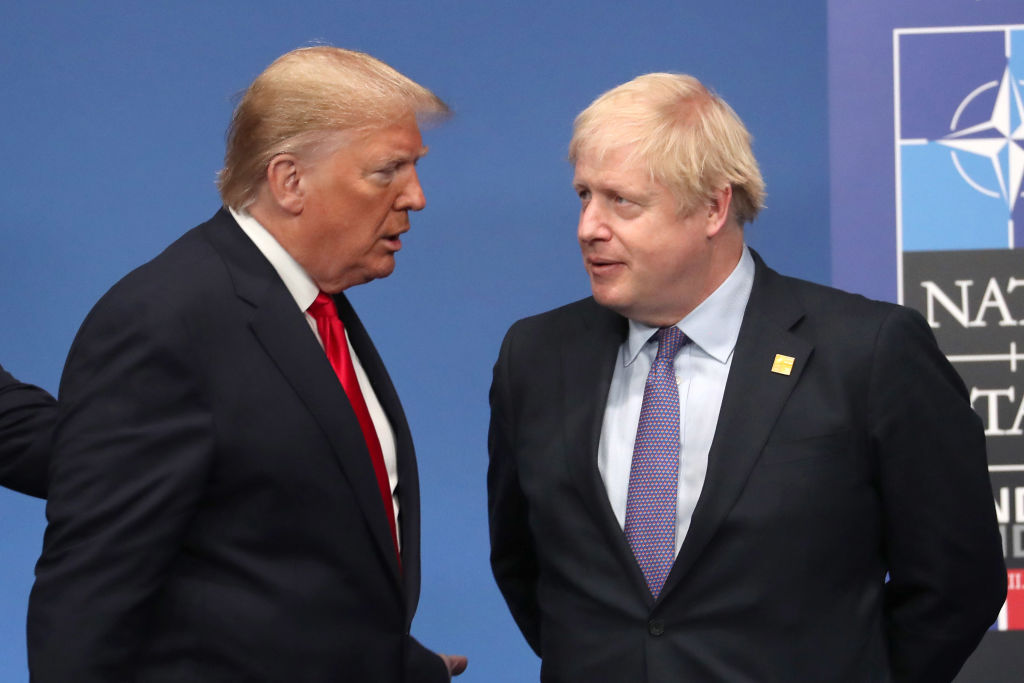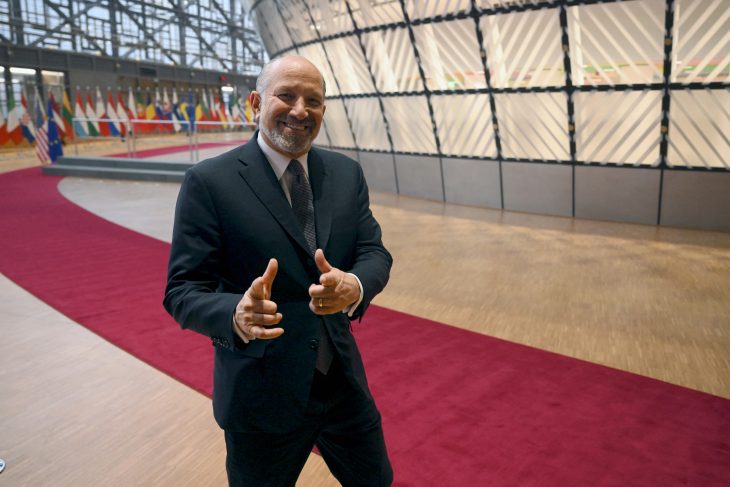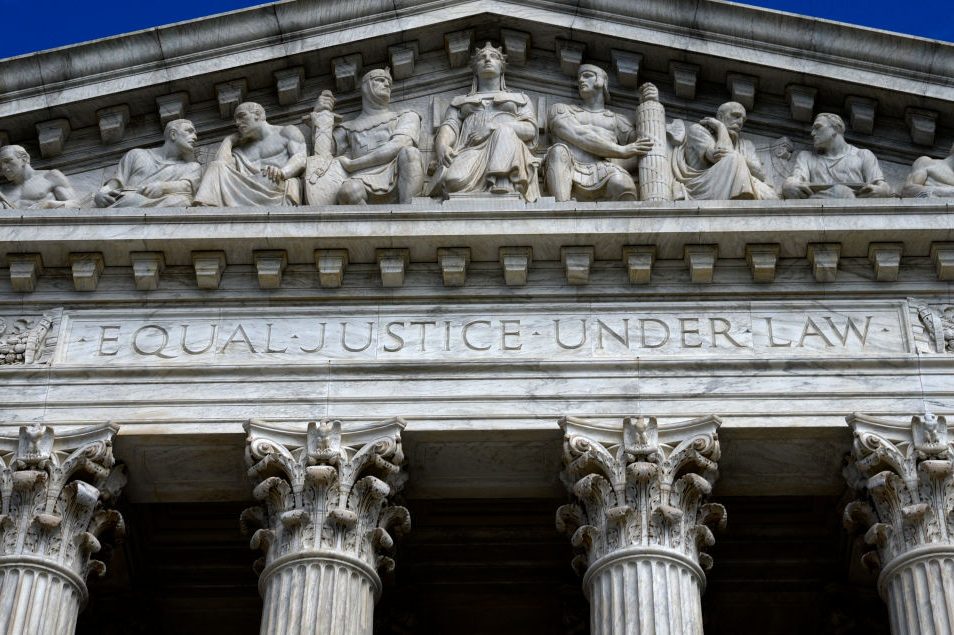People are seeing a comparison between Boris Johnson’s Conservatives and Trump Republicans. In the Wall Street Journal, Dominic Green tells us that both are populists, as if the Brits were emulating Americans. But it’s the other way around. We’re emulating the Brits. On the right, we’re enjoying a Tory Moment.
Trump put together a coalition that was right-of-center on social issues and middle-of-the-road or left-of-center on economic issues. It was, as I explained at the time, the sweet spot in American politics, the place where presidential elections are won. Previously, we’d been asked to choose between extreme social liberals on the left and free market libertarians on the right, and the voters were tired of this. Trump gave them what they had been looking for. He was what in Canada and Britain is called a Red Tory.
The term ‘Red Tory’ was invented in 1966 by Gad Horowitz to describe philosopher George Grant (Lament for a Nation). Grant was a Canadian Tory, but in some ways he more closely resembled a left-winger than the free-market Liberal party. All that Grant was doing, however, was channeling Benjamin Disraeli and the way he invented the British Conservative party in the 1840s.
Disraeli’s new party would be formed of all classes, he said, from the highest to the lowest. It would be the national party of England, one that took pride in its country and sought to make it and its institutions great. It wouldn’t be the party of a small set of London intellectuals.
On economic issues, Disraeli broke with Sir Robert Peel’s free trade policies and wrote passionately about economic inequality and the wretchedness of life in the East End of London. He described a country divided into two nations — the rich and the poor, and recognized that his nationalism had a gravitational force that pulled him left-of-center on economic issues.
If you’re a nationalist, you have to sense a kinship with fellow Americans. If they lack proper healthcare, that has to bother you. Margaret Thatcher understood this, and so does Donald Trump. What’s curious is how little pro-Trump intellectuals understand this. On issues like health care, they’re still Paul Ryan libertarians. Some call themselves nationalists, but that word ‘nationalism’…I do not think it means what they think it means.
Disraeli wasn’t much weighed down by principles of any kind. One of his allies thought his flirtation with John Henry Newman’s Oxford movement was approximately as sincere as Napoleon’s conversion to Islam when he visited Egypt. But the lack of principles gave Disraeli an entrepreneurial flexibility in taking issues away from the left. As Conservative prime minister, he extended the franchise to all adult male heads of households in the 1867 Reform Bill. Electoral reform was going to happen anyway, and in stealing the issue from Gladstone’s Liberals he had ‘dished the Whigs’. That sort of thing infuriated the moralistic Gladstone, even as today the left is incensed when Trump takes on issues they thought they owned, such as parental-leave obligations.
Tories aren’t the prisoners of a set of principles. They’re comfortable with the real world’s messiness. Some things work, some don’t, and you learn from experience and not first principles how to distinguish them.
That goes with an instinctive mistrust of intellectuals. In a line that could be written by a Trump supporter, Disraeli said he had little use for the ‘oligarchs and philosophers who practice on the sectarian prejudices of a portion of the people’. I can’t think of a better description of today’s moneyed New Class of political donors and media people, radicalized university academics, and the left’s identity politics. Disraeli had little use for them, nor do Trump supporters.
With a better understanding of history, one would therefore be aware of an honorable tradition of social conservatism that is nationalistic and liberal on economic issues, composed of people like Disraeli in England and George Grant in Canada. If you call them populists, you have no idea what you’re talking about.
F.H. Buckley teaches at the Antonin Scalia Law School at George Mason University. His next book is American Secession: The Looming Threat of a National Breakup (Encounter).


























